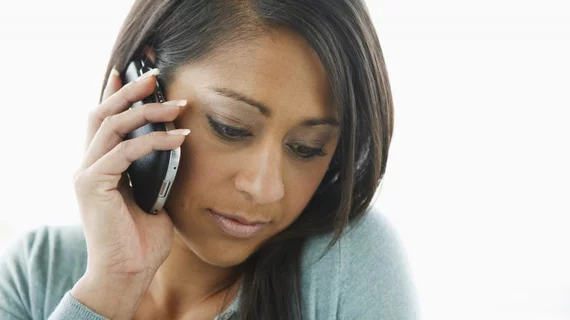Negative social media encounters increase risk for depression
Social media have become an integral part of children’s lives—and so too, unfortunately, have negative encounters on these platforms. Research published June 6 in Depression and Anxiety showed a link between displeasing incidents on social media and depression.
In this study, researchers from the Universities of Pittsburgh and West Virginia examined correlations between negative social media experiences and depression in users.
The study included the responses from 1,179 full-time students, aged 18 to 30, at the University of West Virginia. Results showed that every 10 percent rise in negative social media experiences correlated to a 20 percent increase in the risk of depression. Conversely, for every 10 percent rise in positive experiences, the risk of depression fell by 4 percent.
"We found that positive experiences on social media were not related or only very slightly linked to lower depressive symptoms. However, negative experiences were strongly and consistently associated with higher depressive symptoms," said lead author Brian Primack, MD, PhD. "Our findings may encourage people to pay closer attention to their online exchanges. Moving forward, these results could assist scientists in developing ways to intervene and counter the negative effects while strengthening the positive ones."
"It is valuable to know that positive and negative experiences are very differently related to depression," said Primack. "But we don't know from our study whether the negative social media interactions actually caused the depressive symptoms or whether depressed individuals are more likely to seek out negative online interactions. As with many things in social science, the answer is probably some combination of the two, but more research will be needed to disentangle cause and effect."

